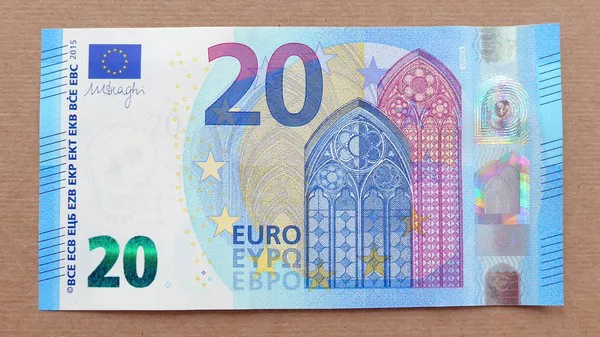The euro is one of the world’s most widely traded currencies, used by millions of people across Europe and around the globe. As we approach the halfway mark of 2023, many investors and traders are wondering whether the euro will continue to rise in value or if it will experience a decline. In this article, we’ll take a closer look at some of the factors that may affect the euro’s performance in the coming months and explore whether it is likely to rise or fall.
Factors Affecting the Performance of the Euro
- Macroeconomic Indicators: One of the primary drivers of the euro’s performance is the health of the European economy as a whole. Key indicators such as GDP growth, inflation rates, and unemployment levels can all impact the euro’s value. If the European economy is performing well, with strong GDP growth, low inflation, and low unemployment, then the euro is likely to strengthen.
- Central Bank Policies: Another important factor affecting the euro’s performance is the policies of the European Central Bank (ECB). The ECB is responsible for setting interest rates and implementing monetary policy across the eurozone. If the ECB raises interest rates or takes other measures to tighten monetary policy, then the euro is likely to strengthen. Conversely, if the ECB cuts interest rates or implements other measures to stimulate the economy, then the euro may weaken.
- Geopolitical Developments: Global events such as trade disputes, political instability, and natural disasters can all impact the euro’s performance. For example, if there is a sudden increase in demand for safe-haven assets such as gold, then the euro may strengthen as investors sell other currencies and buy euros.
- Market Sentiment: Finally, market sentiment can also play an important role in the performance of the euro. If investors and traders are optimistic about the future of the European economy and political stability, then the euro is likely to strengthen. Conversely, if there is widespread pessimism about Europe’s prospects, then the euro may weaken.
Will the Euro Rise in 2023?
While it is difficult to predict exactly how the euro will perform in the coming months, there are several factors that suggest that it may continue to rise in value. These include:
- Strong Economic Growth: The European economy has shown signs of strong growth in recent months, with GDP growth reaching 2.5% in Q1 2023. This suggests that the eurozone is recovering from the economic downturn caused by the COVID-19 pandemic.
- Tightening Monetary Policy: The ECB has indicated that it may begin to tighten monetary policy in the coming months as inflation rates rise. This could lead to higher interest rates and a stronger euro.
- Political Stability: Despite ongoing concerns about Brexit and other geopolitical tensions, the European Union has remained largely stable in recent years. This has helped to support the euro’s performance.
- Positive Market Sentiment: Finally, many investors and traders remain optimistic about the future of the European economy, which could help to support the euro’s value.
Additionally, it’s important to note that there are also factors that could potentially lead to a decline in the euro’s value. These include:
- Inflation Concerns: While inflation rates in the eurozone remain relatively low, there are concerns that they could rise rapidly if the European economy continues to recover at a strong pace. High inflation rates can weaken a currency by reducing its purchasing power.
- Geopolitical Tensions: Ongoing geopolitical tensions, such as trade disputes and political instability in certain European countries, could also weigh on the euro’s performance.
- Currency Manipulation: Some countries may engage in currency manipulation, such as devaluing their own currencies to make their exports more competitive. This can put pressure on the euro’s value.
- COVID-19 Pandemic: The ongoing COVID-19 pandemic remains a significant risk factor for the global economy, including the eurozone. A resurgence of the virus could lead to renewed lockdowns and economic disruption, which could impact the euro’s performance.
Conclusion
In conclusion, while no one can predict with certainty how the euro will perform in the coming months, there are several factors that suggest that it may continue to rise in value. These include strong economic growth, tightening monetary policy, political stability, and positive market sentiment. However, it’s worth noting that the euro’s performance is subject to a wide range of economic and geopolitical factors, and investors and traders should carefully monitor these developments before making any decisions about buying or selling the currency.
Related Topics:

























